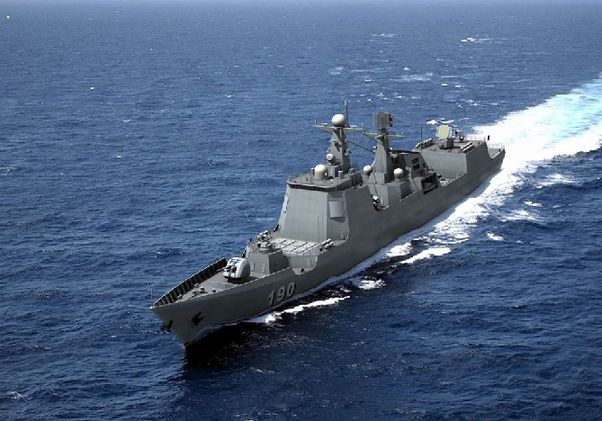Veiled US warnings to Beijing not to challenge Japan’s control of disputed islands encouraged Tokyo’s “dangerously right-leaning” government and “betrayed” Washington’s vow of neutrality, Chinese state media said Saturday.
The comments came as Japan’s coastguard said three Chinese government ships had entered Japanese territorial waters around the islands, known as the Senkaku in Japanese and the Diaoyu in Chinese.
US Secretary of State Hillary Clinton on Friday said the area around the islands in the East China Sea was under Japan’s control and therefore protected under a US security treaty with Tokyo.
Speaking at a joint news conference with Japanese Foreign Minister Fumio Kishida in Washington, and without mentioning Beijing directly, she said the US opposed “any unilateral actions” to undermine Japanese authority over the islands.
But in a commentary piece, the official Chinese news agency Xinhua criticised Washington’s position, saying it “cast doubts on (US) credibility as a responsible power in the region”.
It was “unwise” for Washington “to throw support behind Japan in Tokyo’s islands dispute with Beijing”, Xinhua said, adding: “This unbalanced position has betrayed its declared intention to stay neutral on the issue.”
The US proposal for “tighter military alliance with Japan will only encourage Tokyo’s dangerously right-leaning tendency”, Xinhua said.
But Chinese foreign ministry spokesman Qin Gang was quoted by the agency as saying that Beijing “has always advocated to resolve issues between relevant countries through bilateral dialogue and by peaceful means”.
Three Chinese government surveillance vessels sailed in waters around the disputed islands Saturday for nearly five hours but had all left Japanese waters by 1:52 pm (0452 GMT), the Japan coastguard said.
China has repeatedly sailed into the waters since Japan nationalised the chain in September, a move that triggered anger and demonstrations in China.
The United States insists it is neutral on the ultimate sovereignty of the islands.
“We want to see China and Japan resolve this matter peacefully through dialogue,” Clinton said Friday.
“We do not want to see any action taken by anyone that could raise tensions or result in miscalculation that would undermine the peace, security and economic growth in this region.”
China has persistently criticised the US position and the sending of maritime surveillance ships to the potentially gas-rich area is seen by experts as a way to contest the notion that Japan holds effective control.











